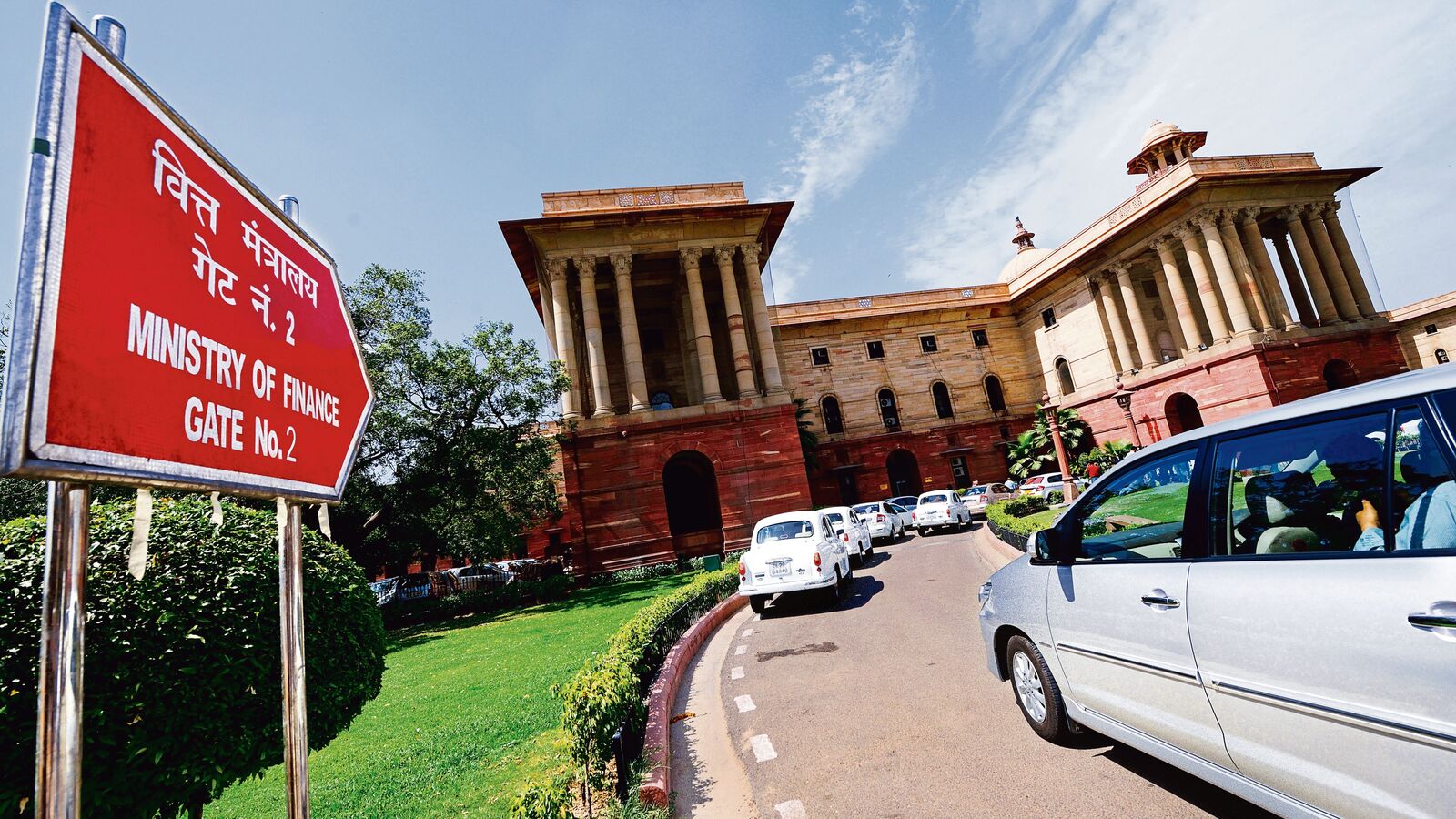In today’s dynamic and competitive world, higher education plays a pivotal role in shaping individuals’ careers and fostering personal growth. Pursuing advanced courses not only enhances knowledge and skills but also opens doors to better career opportunities and financial stability. However, the cost of higher education, whether in India or abroad, often poses a significant financial challenge for many aspirants and their families. In recognition of this barrier, the Indian government has introduced various initiatives to facilitate access to education, including the provision of education loans.
Furthermore, to ease the financial burden on individuals and encourage investment in education, the Income Tax Act, 1961, offers a valuable deduction under Section 80E for the interest paid on education loans. This deduction not only incentivizes individuals to pursue higher studies but also ensures that the benefits of education are accessible to all, irrespective of financial constraints.
Under the provisions of the Income Tax Act, 1961, Section 80E provides for the deduction of interest paid on education loans. This deduction aims to alleviate the financial burden on individuals who pursue higher education or skill development courses.
Read the language of Law (Section 80E)
Deduction in respect of interest on loan taken for higher education.
80E. (1) In computing the total income of an assessee, being an individual, there shall be deducted, in accordance with and subject to the provisions of this section, any amount paid by him in the previous year, out of his income chargeable to tax, by way of interest on loan taken by him from any financial institution or any approved charitable institution for the purpose of pursuing his higher education or for the purpose of higher education of his relative.
(2) The deduction specified in sub-section (1) shall be allowed in computing the total income in respect of the initial assessment year and seven assessment years immediately succeeding the initial assessment year or until the interest referred to in sub-section (1) is paid by the assessee in full, whichever is earlier.
(3) For the purposes of this section,—
(a) “approved charitable institution” means an institution specified in, or, as the case may be, an institution established for charitable purposes and approved by the prescribed authority under clause (23C) of section 10 or an institution referred to in clause (a) of sub-section (2) of section 80G;
(b) “financial institution” means a banking company to which the Banking Regulation Act, 1949 (10 of 1949) applies (including any bank or banking institution referred to in section 51 of that Act); or any other financial institution which the Central Government may, by notification in the Official Gazette, specify in this behalf;
(c) “higher education” means any course of study pursued after passing the Senior Secondary Examination or its equivalent from any school, board or university recognised by the Central Government or State Government or local authority or by any other authority authorised by the Central Government or State Government or local authority to do so;
(d) “initial assessment year” means the assessment year relevant to the previous year, in which the assessee starts paying the interest on the loan;
(e) “relative”, in relation to an individual, means the spouse and children of that individual or the student for whom the individual is the legal guardian.
Eligibility Criteria:
- Individual Taxpayer: The deduction under Section 80E is available to individual taxpayers only.
- Loan Taken: The deduction is applicable to loans taken for higher education for self, spouse, children, or for a student for whom the individual is a legal guardian.
- Course Eligibility: The loan should be taken for pursuing higher education in India or abroad. The courses can be pursued after completing senior secondary education or its equivalent.
Deduction Limits:
- Entire Interest Amount: The deduction is available for the entire amount of interest paid on the education loan during the previous year. There is no upper limit on the deduction amount.
- Loan Repayment Period: The deduction is available for a maximum of 8 years or until the interest on the loan is fully repaid, whichever is earlier.
Example: Suppose Mr. A took an education loan of ₹10 lakhs for his son’s higher education. The annual interest payable on the loan is ₹1.2 lakhs. In the financial year 2023-24, Mr. A paid ₹1.2 lakhs as interest on the education loan.
He can claim the entire amount of ₹1.2 lakhs as a deduction under Section 80E while filing his income tax return for the assessment year 2024-25.
Please note only interest amount can be claimed under section 80E not the Principal amount.
Frequently Asked Questions (FAQs):
- Can I claim deduction for both principal and interest on education loan? No, Section 80E allows deduction only for the interest paid on education loans, not for the principal repayment.
- Is there any restriction on the type of educational institution for claiming deduction under Section 80E? No, the deduction is available for loans taken for education in any recognized institution, whether in India or abroad.
- Can I claim deduction for education loans taken for my spouse’s education? Yes, the deduction is available for education loans taken for self, spouse, children, or for a student for whom the individual is a legal guardian.
- Can I claim deduction for multiple education loans? Yes, there is no restriction on the number of education loans for which deduction can be claimed, as long as they fulfill the eligibility criteria.
- Can the deduction be claimed by a co-borrower of the education loan? Yes, if the co-borrower is an individual taxpayer, they can claim the deduction in proportion to their share of the loan repayment and interest payment.
In conclusion, Section 80E provides significant relief to individuals by allowing them to claim deductions for the interest paid on education loans. This deduction not only encourages higher education but also eases the financial burden associated with it. Taxpayers should ensure they meet the eligibility criteria and maintain proper documentation to avail of this benefit while filing their income tax returns.
Visit www.cagurujiclasses.com for practical courses











